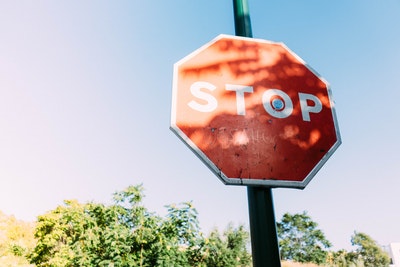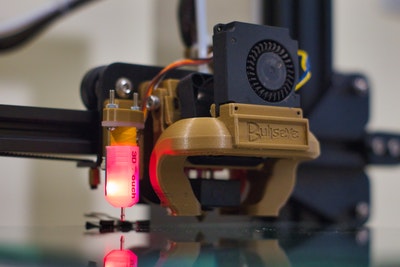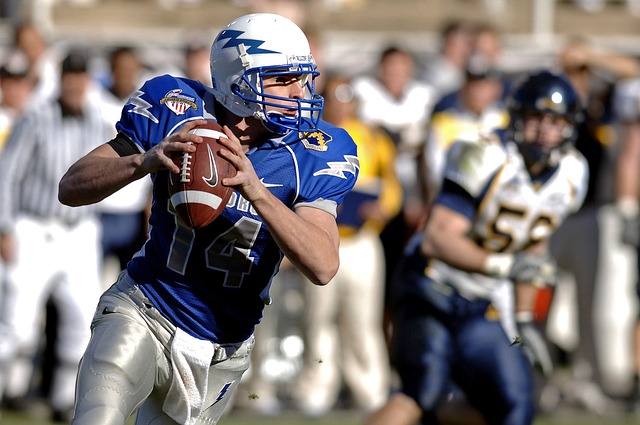What the COVID-19 Pandemic Means for Both Essential and Non-Essential Goods

COVID 19 has pushed the boundaries of what businesses can and cannot do. Businesses were forced to go digital and only relying on online orders to have their products delivered.
Businesses were forced to do e-commerce for the first time in their lives. COVID has transformed the business field ultimately. Essentials and related goods blossomed back into what they were pre-COVID. However, non-essentials became either a hit or a miss.
The internet is a crowded place. Marketing on the platform, even with the help of targeted marketing, can become brutal and expensive. A lot of research goes into how the ads should cater to specific people.
More resources go into actually making the advertisement as well. Marketing styles also evolved to add in new concepts in light of the new medium we have available. The Internet has become the place where you can safely meet other people – including businesses.
It is unfortunate that the pandemic has pushed us into going to such lengths to be able to communicate. However, it is all for the better good. As more and more cases and deaths mount up, the importance of keeping socially distant or away from each other is highlighted. The significance of the digital marketplace becomes clear and obvious.
Unfortunately, since the United States has the most cases and the highest deaths amongst all other countries, we have to play by the rules for a little while longer for our economy to survive this.
What does it mean, however, for the business left to fend for themselves? Do they also need to stay away from people? Do they also need to adjust?
The Comeback
While essential goods have no problem being bought out in herds by the consumers (except, of course, essential good competitors), non-essentials are considered in a limbo. With no direct way to contact their business and have access to their product, consumers have no extra incentive to buy them.
These businesses are subject to the whims of the market. It is the reason why Pokemon Cards and NBA cards, which have been part of an aging market for years before, and even decades ago, are making a big comeback.
Since the market has been stale for the entirety of 2020, people have gone back to complete their own collections. This movement to revisit cards has had zero advertising, zero marketing effort, and zero triggers.
Yet the Pokemon Center (Nintendo) and Panini NBA, the manufacturers of these cards, are raking in a fortune.
Struggling Businesses
Non-essentials were already having a difficult time pre-pandemic marketing themselves. Imagine their consternation when the pandemic broke out and quarantine rules and regulations were imposed. It is a known fact by now that thousands upon thousands of businesses had to close down because of the pandemic. If you had to guess correctly, many of these businesses were sellers of non-essential goods.
Some diligent business owners who had insurance fought tooth and nail for the interpretation of their insurance policies. Business insurance can cover for sudden business interruptions – mostly to cover for rent, inventory, and wages. The policy can be customized for different purposes. A firearm business insurance policy will cover property and product liability.
If a gun goes off inside your property and hits an unlikely passerby, insurance will cover for that. Fire insurance, on the other hand, will cover the property from all sources of fire. If your property or business experiences an electrical shortage and gets set on fire, insurance will cover that. However, it is still in limbo whether the average business insurance will cover business stoppage due to COVID.
The Rise of Non- Essential Items
Non-essentials are also doing no good in the digital plane. As mentioned before, it has to be a hot item in order to sell at a rate similar to the pre-pandemic. To boost sales, they must resort to digital marketing, which has been flagged as a problematic issue by privacy vanguards.
Digital marketing through social media giants like Facebook and Instagram has resorted to using internet cookies in order to funnel your preferences and display the ads applicable to you. Through targeted ads, non-essentials are having a fight and surviving. However, it can be flagged as scummy by some, so even in that aspect, they are losing.
As the economy rebounds, there is still hope for the non-essentials who are still in play right now. It is, however, unfortunate for the others who did not live to fight another day. Countless businesses that failed to adapt did not survive the economic onslaught of COVID. The lack of foot traffic killed them.
For non-essentials, they were forced to reach their consumers through unconventional means. Without adjusting, these businesses would have withered away as well.






